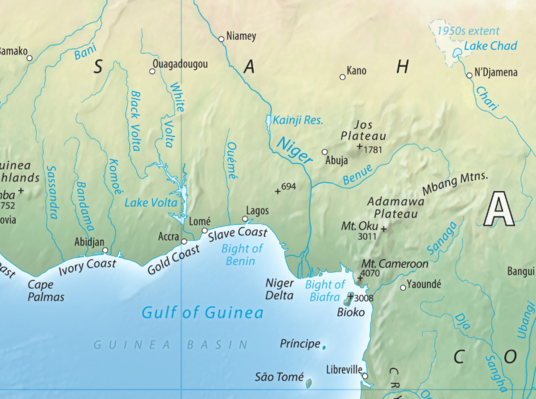
P208_Nigeria
Enhanced Microbial Reprocessing of Microplastic through Metabolic Network Analysis
Cooperating countries: Nigeria and Austria
Coordinating institution: University of Vienna, Steffen Waldherr steffen.waldherr@univie.ac.at
Partner institution: Redeemer's University
Project duration: 1 October 2025 - 30 September 2027
Budget: EUR 39.680
Abstract:
Microplastics are contaminants of emerging concern at a global scale. They have been found in various environments, including marine, freshwater, and terrestrial ecosystems, even being incorporated into plants and animals. They have also been identified as particulate matter in the air and food substances, leading to human exposure and associated health challenges. Microplastics can cause discomfort in animal guts, and they have been identified in various tissues such as the blood, lungs and even the placenta. As plastic materials, they are diverse, highly persistent, recalcitrant and thus not readily removed by conventional wastewater treatment methods. In this project, we will investigate the possibilities of bacterial reprocessing of microplastics, which would both reduce their environmental impact and contribute to the establishment of a circular bioeconomy. We plan to (i) identify the various microplastics in marine soils, sediments, as well as surface and groundwater samples across the south- west of Nigeria, (ii) characterise the metabolites and elucidate possible pathways of microbial degradation of the microplastics, (iii) enhance the production of viable compounds such as hydrocarbons, lipids, or heterologous proteins from microplastics using metabolic network analysis. The project will contribute to biotechnological advancement in bacterial engineering (SDG #9), bioeconomy of medically relevant natural product production (SDG #3), and clean water and environment (SDG #6).